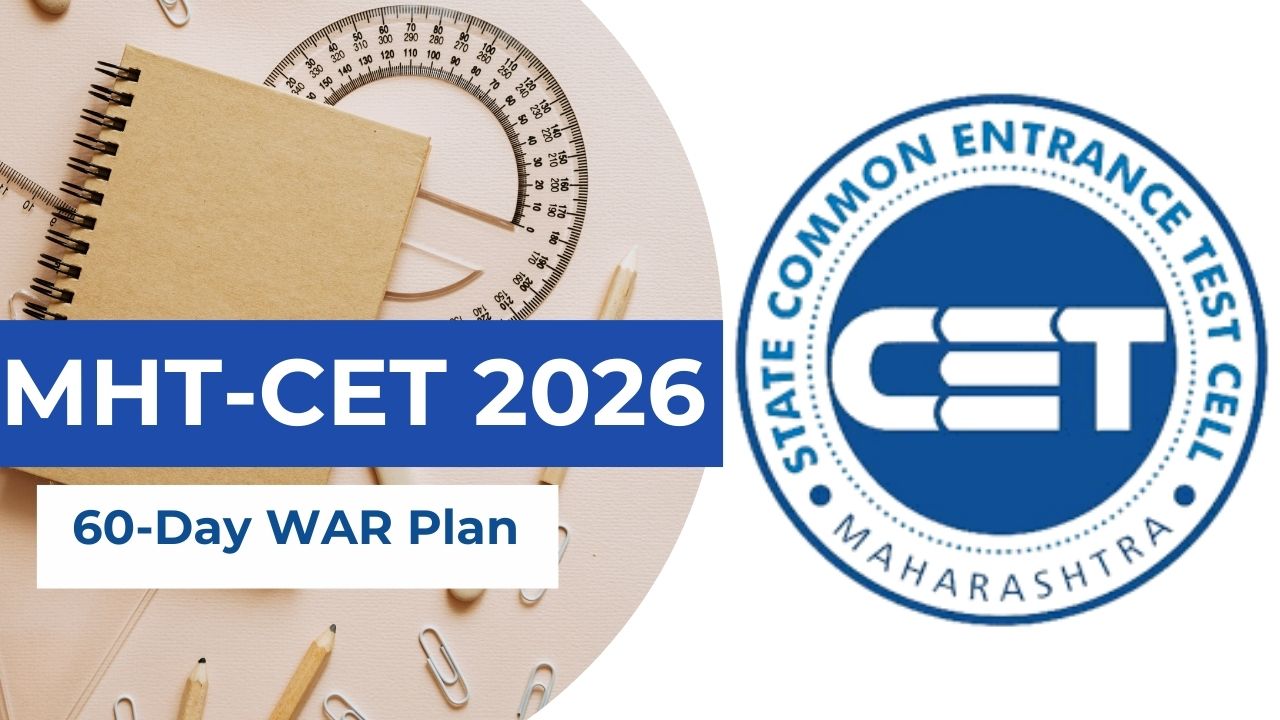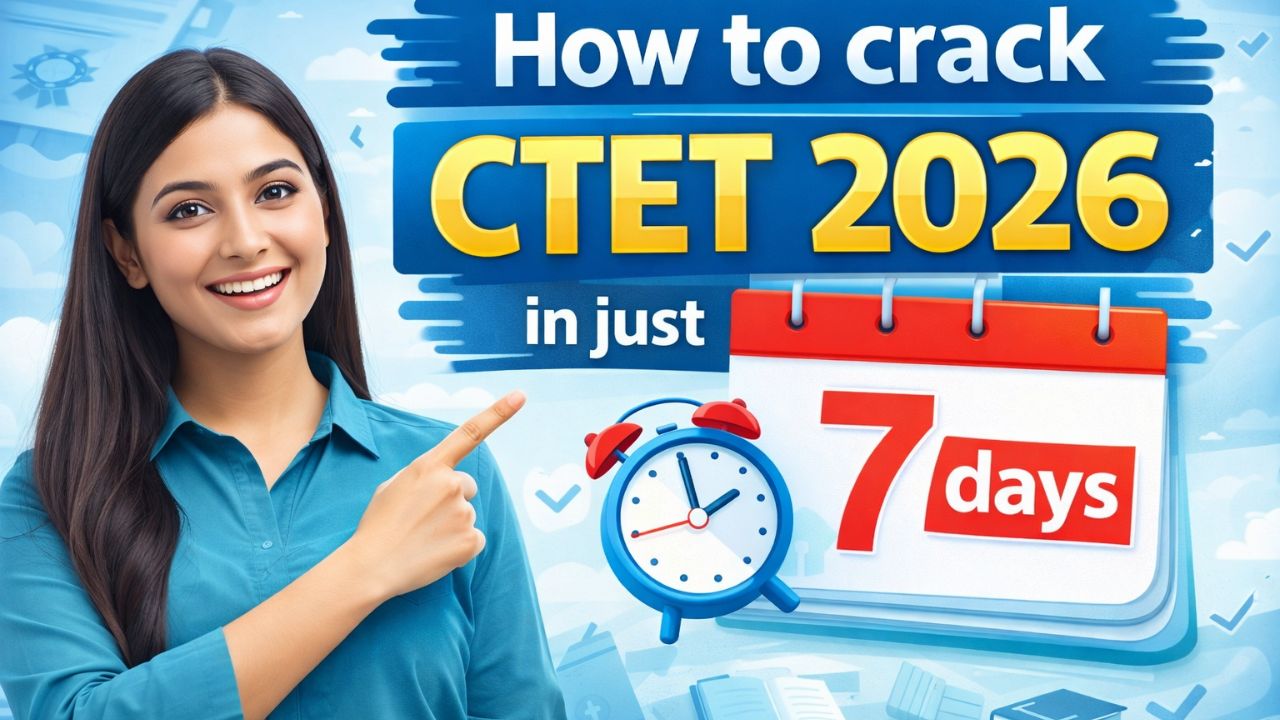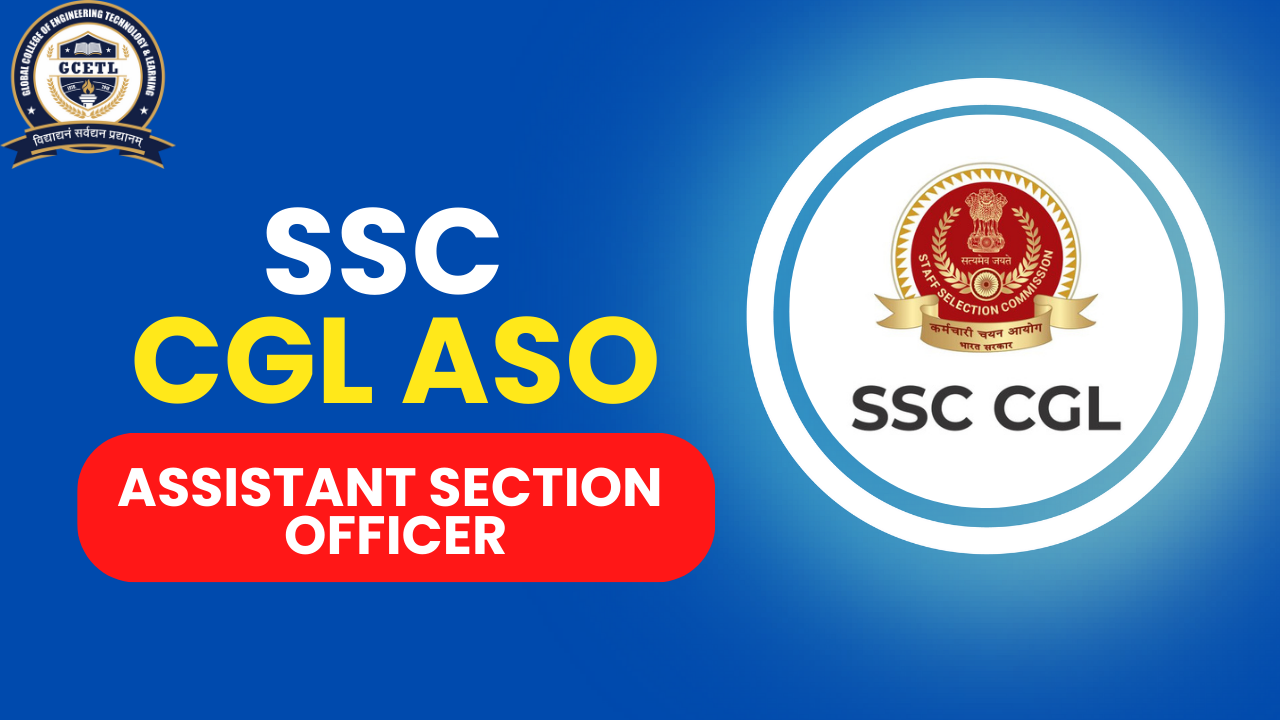Bhoomi Kaushik
Get Real Experts on your side
Before venturing to seek career counseling, answer a few basic questions so we can connect you with our best expert counselor for personalised guidance and mentorship.




Bhoomi Kaushik
11/11/2024
NMAT Exam Pattern 2024: Format, Duration, Mode, Number of Questions, Total Marks, Marking Scheme, Characteristics
NMAT (Narsee Monjee Aptitude Test) is one of the major entrance tests for management-aspiring students seeking to gain entry into top B-schools in India. GMAC conducts the NMAT exam and allows flexible test dates as well as certain one-of-its-kind features for an exam. This article gives a detailed insight into the NMAT 2024 exam pattern- the format, duration, mode, number of questions, total marks, marking scheme, and other characteristics.
|
NMAT Exam Pattern 2024 |
|
|
Specifics |
NMAT Exam 2024 Details |
|
Exam Name |
NMAT (NMIMS Management Aptitude Test) |
|
NMAT Exam Conducting Body |
(GMAC) Graduate Management Admission Council |
|
NMAT 2024 Exam Level |
National Level |
|
Examination Mode |
Computer-Based Online Test |
|
Language Mode of NMAT Exam |
English |
|
Time Duration |
2 hours or 120 minutes |
|
Marking Scheme |
|
|
Sections Divided in the NMAT Exam |
3 Sections ( Logical Reasoning, Language Skills, Quantitative Skills) |
|
Total NMAT Exam Marks |
324 Marks |
|
Questions Type |
MCQs ( Multiple Choice Based Questions) |
|
Total Questions in the Exam |
108 |
|
Sectional NMAT Exam Time Limit |
|
|
NMAT Exam Score Range |
36 - 360 |
The examination format for NMAT 2024 offers flexibility and a unique testing experience for aspirants who wish to enter into the country's most desired management programs. Unlike the conventional standardized examinations, the NMAT format is dynamic, and choices include multiple scheduling options, a customized test order, and adaptive question models.
The NMAT exam contains three basic sections that include:
• Language Skills- This section evaluates the capability of candidates to master the use of the English language. This incorporates an evaluation of their grammar, vocabulary, reading, and reasoning skills orally.
•Quantitative Skills- This tests the mathematician's capability and ability to apply data interpretation skills to solve a problem in arithmetic, algebra, geometry, and data analysis.
• Logical Reasoning Skills- This is a section that tests one's analytical and logical abilities, which are related to reasoning, decision-making, and following patterns..
2. Duration of the NMAT Exam
|
Duration of NMAT Exam |
|
|
Sections |
Duration |
|
Language Skills |
28 |
|
Logical Reasoning |
40 |
|
Quantitative Skills |
52 |
3. Mode of Exam
The NMAT 2024 exam is available in two modes:
4. Number of Questions and Distribution
NMAT 2024 has a total of 108 questions distributed across the three sections as follows:
5. Total Marks
Check Out Our Programs:-
6. Marking Scheme
7. Characteristics of the NMAT 2024 Exam
|
2. Is Online Degree Valid in the USA from Indian Universities |
|
6. How GCETL helps you to Balance Career, Life and Online learning |
|
8. Online education can be more affordable than traditional Education |
Conclusion
The NMAT Exam Pattern 2024 is candidate-friendly, flexible and supportive in its approach to management entrance testing. It does not have a sectional time limit but allows a candidate to choose the order of sections, which doesn't have a negative marking. Consequently, it offers candidates the unique opportunity to display their skills in a very supportive environment. The multiple attempts feature further enables students to increase their scores, so it is accessible and strategically opting for aspirants targeting top B-schools. Effective preparation, good time management, and exam flexibility can help candidates make the best of their efforts and secure their target scores.










.png)











.jpg)


.jpg)




.png)







.png)

.png)




.png)

.png)
.png)



.png)

.png)


.png)

.png)


.png)

.png)

.png)
.png)

 (1).png)



.png)

.png)
.png)


.png)


.png)


.png)

.png)







.png)





.png)


.png)














.png)













.png)




.jpg)






.png)




.png)


.png)
.png)
.png)
.jpg)



.png)


.png)
.png)
.png)



.png)











.png)
.png)



.png)


.png)
.png)


.jpg)







.jpg)









.jpg)





.png)


.jpg)



Before venturing to seek career counseling, answer a few basic questions so we can connect you with our best expert counselor for personalised guidance and mentorship.
